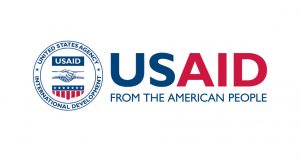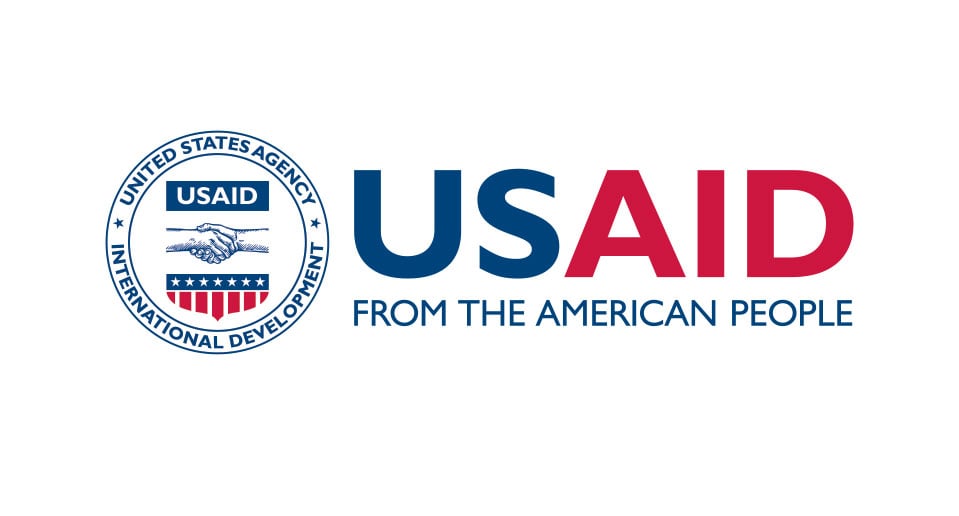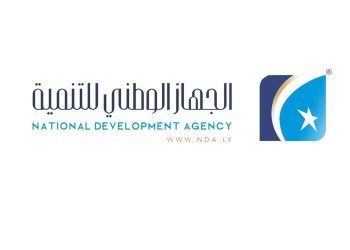By Sami Zaptia.

London, 18 August 2020:
The U.S Agency for International Development’s (USAID) Libya Public Financial Management program is partnering with the United Nations Support Mission in Libya (UNSMIL), the UN Development Program (UNDP), the World Bank, and the Libyan Local Investment and Development Fund to provide backup electricity to water pumping stations along Libya’s Man-Made River (MMR), the U.S. Embassy announced yesterday.
The project will mean that clean renewable energy will be used to ensure a more reliable water and power supply in Libya, the announcement stated.
Giving more details, the statement revealed that solar plants will be installed along the MMR to provide the power needed to supply water for Tripoli, and boost electricity supply in southern Libya to the towns and tribes along the river.
The solar plants would also create job opportunities and provide revenue to local communities.
The statement noted that the MMR ‘‘is the world’s largest irrigation project and a vital source of drinking water for 70% of the country’s population’’.
Analysis
It will be recalled that since the 2011 17 February revolution that overthrew the 42-year old Qaddafi regime, Libya has, on and off, suffered acute electricity and water shortages.
This is part due to war damage, part corruption and mismanagement and part due to wilful blockades and damage to water and electricity infrastructure as an expression of political/social/economic grievances.
The 14-month war launched by Khalifa Hafter on Tripoli in April 2019 certainly did not help.
It will also be recalled that the U.S. had offered to help solve Libya’s electricity deficit problems as far back as 2018. U.S. assistance to Libya’s electricity sector was a response to a request from the Tripoli government.
In April 2018 USAID, together with Libya’s state-owned monopoly, the General Electricity Company of Libya (GECOL), organized the Libya Electricity Sector Reform Task Force hold its first meeting in Tunis.
In response to a request for further information about the deliberations of the April meeting and the aims of the Reform Task Force, the U.S. embassy in Tripoli (currently in Tunis), provided Libya Herald with further details.
The Task Force was charged with the development of strategic policy, regulatory and operational measures to support a sustainable Libyan electricity sector.
It aims to lay the groundwork for the eventual establishment of an independent electricity sector regulatory body for Libya. The creation of this Task Force is key to establishing the needed policies for electricity sector regulation as well as the regulatory authority with a clear mandate, separate from that of GECOL.
The members of the Task Force, chosen by the internationally recognized Libyan government in Tripoli, will play a significant role in the electricity sector. They include customers, suppliers, and independent entities. The Task Force was meant to meet once a month.
In the short-term, the Task Force was to focus on the adaptation and recommendation of a clear GECOL-developed electricity sector policy which is based on international best-practice for electricity sector utilities, and the introduction of an independent regulatory authority for the electricity sector.
Through this Task Force, the Tripoli government was supposed to take important steps to reduce waste and provide more access to electricity for all the Libyan people. U.S. assistance to Libya’s electricity sector is a response to a request from the Tripoli government to help identify causes of an ongoing electricity supply crisis in Libya and to recommend strategic actions to alleviate that crisis.
The U.S. Government is making expert advice available to support the work of the Electricity Sector Reform Task Force as it seeks to improve reliable electricity to the people of Libya.
The U.S. Agency for International Development (USAID) is helping GECOL consider best practices of well-run international electric utilities and providing technical assistance to help implement specific activities.
USAID will conduct workshops for GECOL staff, and other electricity sector stakeholders, highlighting best-practices in commercial loss reduction, energy conservation and revenue enhancement.
With USAID assistance, GECOL developed the Electricity Sector Reform Roadmap in 2017. The goals of this Roadmap are:
- Create a financially self-sustaining electricity sector.
- Provide universal access to electricity for all customers willing to pay for the service, taking into account affordability.
- Ensure reliable supply.
- Encourage private sector participation and involvement to support electricity service delivery and economic growth, including investment in large scale electric infrastructure projects.
However, in reality, GECOL, and the Tripoli government, have since failed miserably to reform the country’s electricity sector. Frequent and acute power and water cuts, including total blackouts have occurred often since 2017.
This led the Tripoli government to sack GECOL’s chairman, CEO and board of directors in July this year after demonstrations against power and water cuts.
It must be recalled that Libya has since 2011 signed numerous agreements with foreign states and companies, including the U.S.’s General Electric in July 2018, and Germany’s Siemens in August 2017, with no tangible improvement in electricity production.
https://www.libyaherald.com/2020/07/20/new-board-of-directors-for-beleaguered-gecol/
https://www.libyaherald.com/2018/05/09/u-s-to-help-libya-reform-its-electricity-sector/
https://www.libyaherald.com/2017/08/07/gecol-signs-mou-with-germanys-siemens-to-resume-maintenance-and-complete-power-stations/
https://www.libyaherald.com/2018/07/25/general-electric-lands-euro-33-m-direct-contract-for-electricity-maintenance-work/







